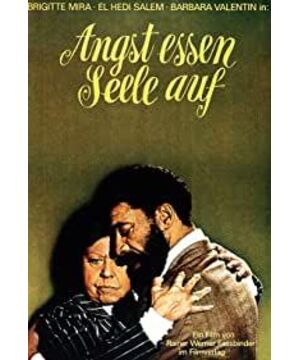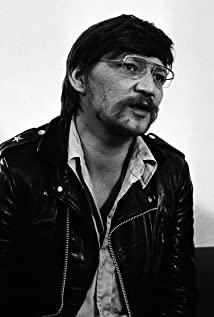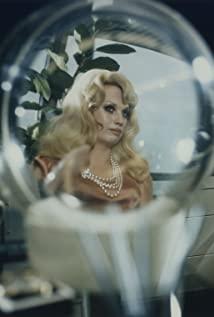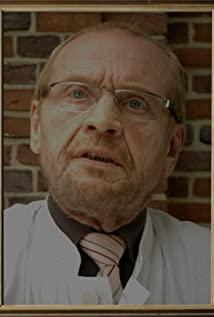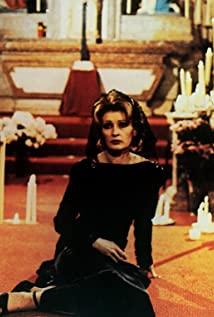The first thing that touched me the most was that there was actually a German movie that I could understand more than 90% of the dialogue. It was an angel in the world of speaking speed in German movies. Not only are the lines relatively simple, the actors' articulation is also very clear, and there are very few consecutive readings that I don't understand. In addition to the relatively simple language, the entire movie plot also gives a minimalist feeling. The actors' performances are clean, clear and not procrastinated. I don't know if it is the style of all the movies of that era.
The problem of the male and female protagonists has shifted from the initial external conflict to the internal. When we first met, I could feel that the male protagonist seemed to "save" the female protagonist. The female protagonist was in a place that was incompatible with the culture she was familiar with, and the male protagonist pulled her. Bundle. But after that, the female protagonist stayed in the male protagonist, which was more like the mutual rescue of two lonely people. Such love is naturally not optimistic, but the two stand firmly together to resist external conflicts. When the external contradiction disintegrated, the contradiction transferred to the inside of the two, which is something I don't quite understand. I have two guesses. One is that the male protagonist feels that the female protagonist is no longer focused on himself and no longer needs herself as much as before, so he feels lost; the other is that the female protagonist asks the male protagonist to integrate into German culture and is unwilling to Indulge his homesickness with love, and then there are plots of materializing the male protagonist's body, ignoring his dignity as a human being.
The final turning point was also a bit abrupt to me. The male protagonist seemed to wake up after losing money in a row and made some remorse to the female protagonist. At this time, they reunited. The part about sex in their conversation also confuses me. The female protagonist said that the male protagonist is a free person and can do whatever he wants. Was this a signal of advocating sexual liberation in those days?
View more about Ali: Fear Eats the Soul reviews


